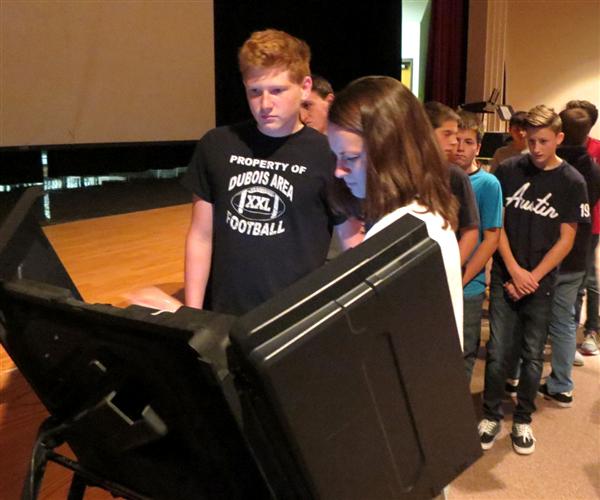An Iraqi shepherd looks at his flock — his prized and only possessions — and wonders how he ended up here, stuck in a dusty no man’s land between two checkpoints, barely 50 meters apart.
Behind Shakur Mahmoud, the danger he fled; ahead a kind-of “sectarian bureaucracy.”
The Kurdish guards won’t let Mahmoud past their checkpoint to sell his sheep in their areas because they say they’re “Arab sheep.”
It’s not an official rule. It’s just the rule today.
Beyond the checkpoint, there’s a camp for displaced people where Mahmoud’s family waits for him, but for now this is where his journey ends.
Though he has — literally — run for his life, he’s not leaving his sheep behind.
“I can’t leave my sheep,” he says. “They are my life.”
Herding past tanks and guns
Barely anything exists out here. This single concrete road through the desolate landscape of Northern Iraq has been the only escape route for civilians fleeing Mosul.
“The Iraqi army came to our village,” he tells CNN. “We held white flags and they said it’s safer to leave, so I had to leave with my sheep.”
The 45-year-old was one of a handful of shepherds who herded their flocks out of Bazwaya, driving them down the main road, past Iraqi army guns and tanks and to this checkpoint on the edge of Bartella.
Herding livestock has been Mahmoud’s life for decades. But life under ISIS was brutal for many and the rules onerous.
Once, his flock could wander freely, but once the militants seized control, they made Mahmoud take his sheep no more than 100 meters from his home.
He is glad ISIS is gone from his hometown, but fearful for his future.
Selling his flock
Mahmoud wants to join his family at the camp on the other side of the checkpoint but first he must do what is, for him, the unimaginable — he must sell his precious flock and at a much reduced rate.
Before ISIS, he would get $130 per sheep, selling up to 50 a month. Today he’s forced to offer a pair for $200.
When we left him, Mahmoud still had had no takers.
“I am ok,” he says. “But I don’t have any choice — I must stay here with my sheep.”



